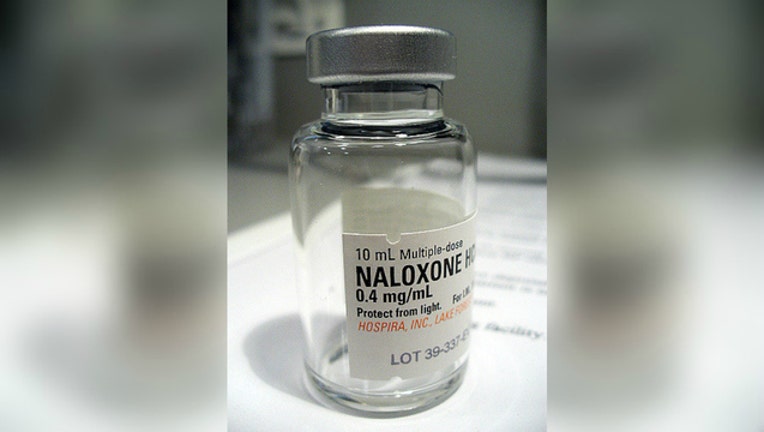Sheriff won't let officers use Narcan, says life-saving drug not helping heroin epidemic

PunchingJudy | Flickr http://bit.ly/2pvwV12
(FoxNews.com) - An Ohio sheriff is taking a stand in the war on heroin addiction that he said will get at the root of the epidemic, and that seems to fly in the face of standard police practices.
Sheriff Richard K. Jones of Butler County, Ohio, told the Cincinnati Enquirer that he believes the drug naloxone, a substance used to revive overdose victims that is known by its brand name Narcan, is more trouble than its worth.
"I don't do Narcan," Jones told the Enquirer, noting that his deputies "never carried it... nor will they."
Jones' position raises eyebrows for a number of reasons. In his state alone, health care costs related to the epidemic totaled some $1.1 billion in 2015, with Ohio tallying more prescription opioid overdose deaths that same year than any other state in the nation.
And it's not as if his county has been immune, either. According to the Ohio Department of Health, there were less than two dozen unintentional drug overdose deaths in Butler county in 2003. By 2015, that number had skyrocketed to 195.
In June, Middletown city council member Dan Picard proposed a three-strike style policy for repeat-overdose victims. He said his proposal wasn't meant to address the heroin issue, but to help the city budget cope with the high uptick in overdose calls.
"My proposal is in regard to the financial survivability of our city," Picard told The Washington Post. "If we're spending $2 million this year and $4 million next year and $6 million after that, we're in trouble. We're going to have to start laying off. We're going to have to raise taxes."
In Dayton, Ohio, the drug has been used to reverse overdoses more than 160 times since December 2015.
While there are no laws mandating the use of naloxone by law enforcement, data from the North Carolina Harm Reduction Coalition (NCHRC), a group committed to getting the drug into the hands of community members and law enforcement, suggests that 1,214 law enforcement agencies nationwide are using it as of December 2016.
Read the full story on FoxNews.com.

